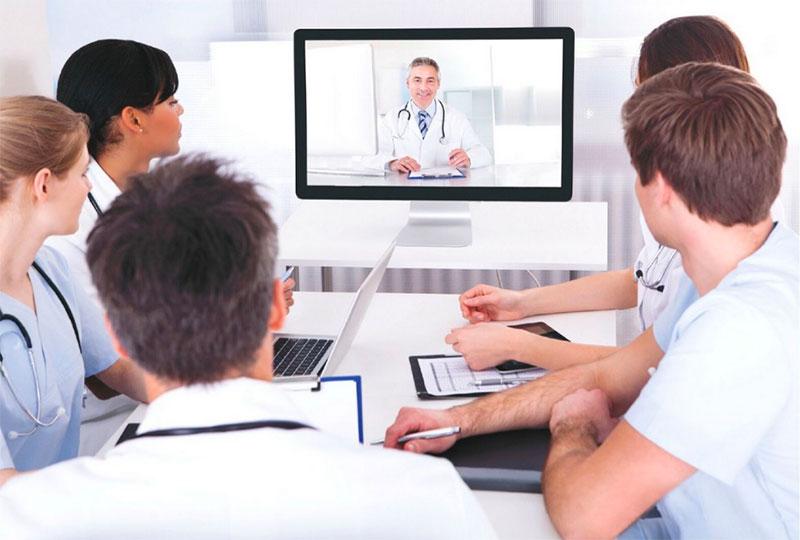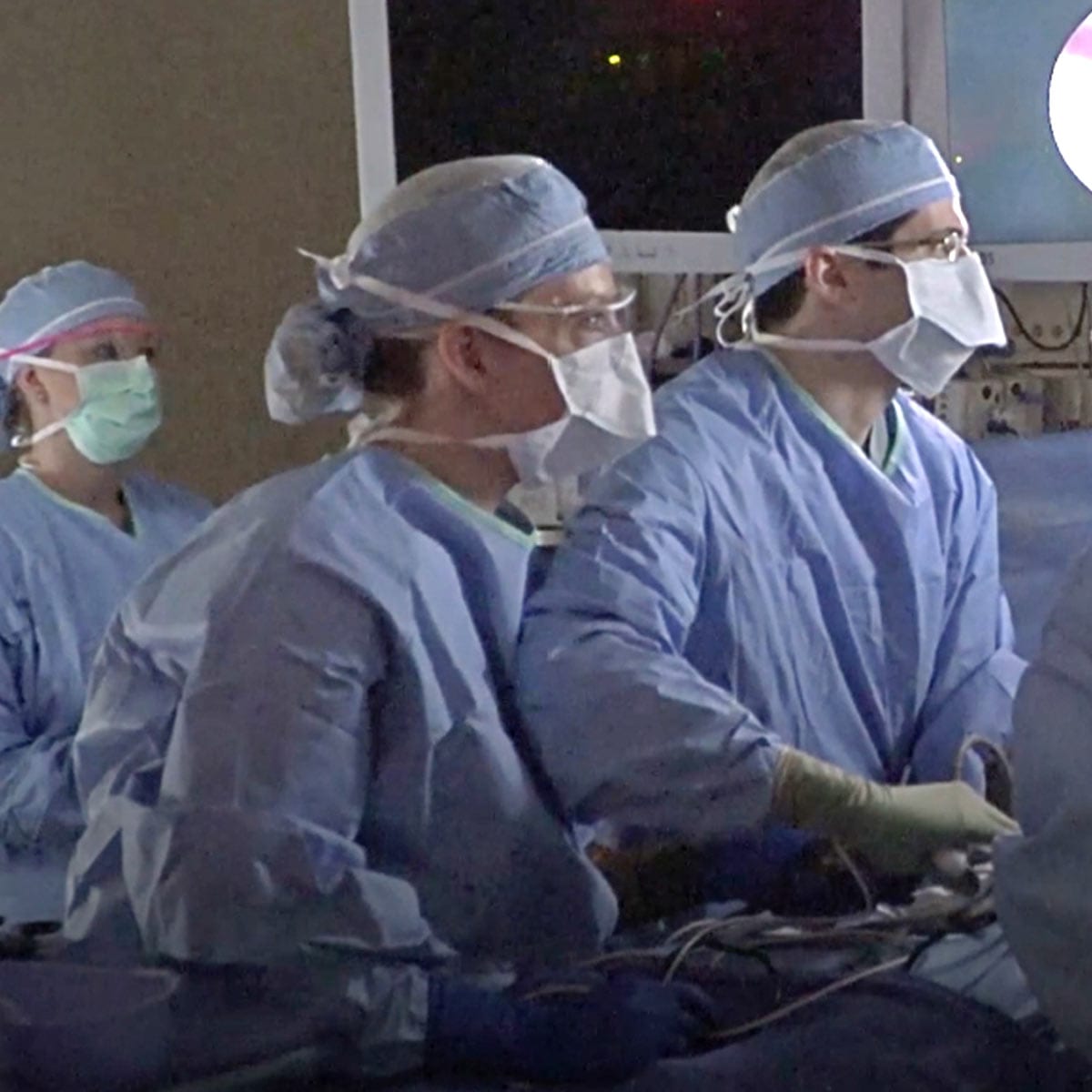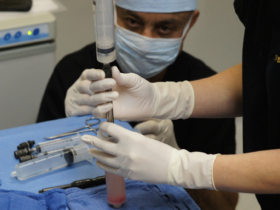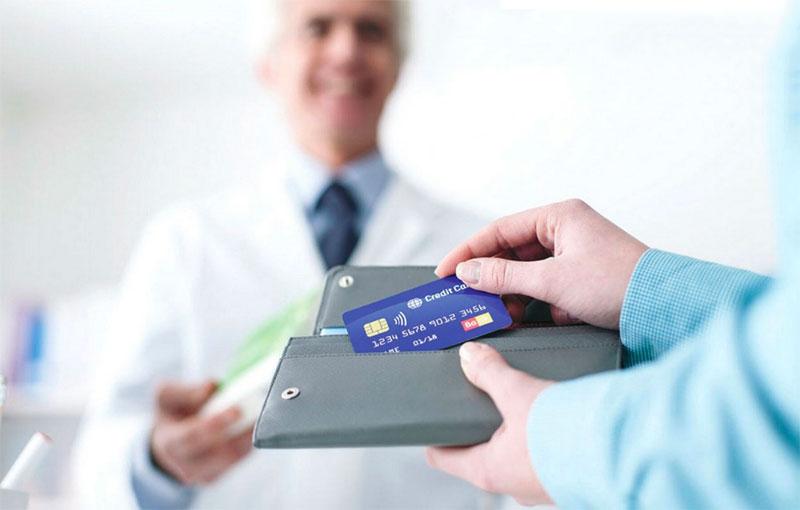Here are ten tips to help you make the most of the CME opportunities available to you as a Florida physician:
1. Think Locally. Many county medical societies, state specialty societies, and community hospitals are either accredited by the FMA or work in partnership with an accredited organization (like DCMS) to offer convenient educational courses addressing issues that affect you as a local practitioner. Allow them to support you in your effort to practice good medicine.
2. Read the Fine Print. Before participating in an online activity/enduring material or registering for a live course, it is a good practice to confirm what organization is accrediting an activity, as well as the number of credits you can earn for participation. There should be a credit and designation statement on every CME brochure that clearly identifies the organization responsible for approving the activity and the number of CME credits a learner can earn for participation. Even save-the- date notices should include a brief statement about who is approving the activity for CME credit. The ACCME website features a Find a CME Provider search tool, which allows you to verify an organization’s status as an accredited CME provider.
3. Don’t Pay for CME, if Possible. This one may seem like a no-brainer, but it can be easy to miss free opportunities when you are rushing around to find the CME you need. There is a wealth of free CME available to you through local hospitals and medical associations. For example, much of the of the state-mandated topic-area CME in Florida (e.g., HIV/AIDS, Domestic Violence, Medical Errors) is available for free to DCMS members and FMA members via our websites: www.dcmsonline.org and www.flmedical.org. Log on and check it out.
4. CME On the Go. Technology gives you unique opportunities to complete CME. If you enjoy listening to podcasts on your commute or during your morning runs, why not apply that time to earning CME credit? There are a number of podcast CME sources available for download, and the number is growing every day. Open your favorite podcast player (iTunes, Sticher, Pod-Beam), search for “CME,” and start learning.
6. Double Dip. CME providers now have the option to use a single, shared system for registering CME and MOC for some specialty boards, including ABA MOCA, ABP MOC, ABIM MOC, and ABPath Continuing Certification. Looking for specialty conferences that offer both CME and MOC points can really pay off in the long run.
8. Mix Business and Pleasure. When you identify a good out-of-town meeting that supports your CME needs, why not bring the family along? Everyone benefits. There are thousands of accredited CME providersin the United States and this means lots of opportunities in terms of content, format, and locales. The DCMS has offered CME cruises to the Bahamas and Alaska. The FMA, like many medical associations, has its Annual Meeting in Orlando, the perfect destination for kids. Organizations often pair CME with ski trips, European tours, and spa getaways. Doctor’s Review (www.doctorsreview.com) is one website that enables you to search for CME conferences by specialty and location. These organizations often are able to deliver prices that are lower than you would receive as a regular tourist.
9. Ask Your CME Provider to Report to CE Broker. Although self-submission to CE Broker is fairly simple, why not bypass this extra step and rely on your CME provider to do it? One less thing is one less thing. We are happy to report that all CME provided by the DCMS and the FMA are reported to CE Broker for your convenience.
10. Don’t underestimate the evaluation section of CME. Communicate with CME providers about your experience and let them know how you think the education they provided will impact you as a practitioner. Don’t be shy about including constructive criticisms or suggestions for improvement.











Got a Questions?
Find us on Socials or Contact us and we’ll get back to you as soon as possible.